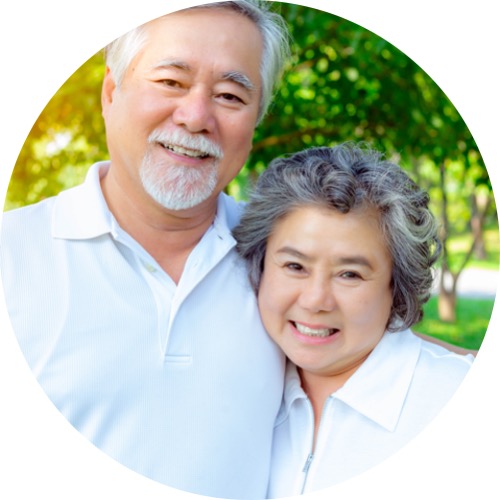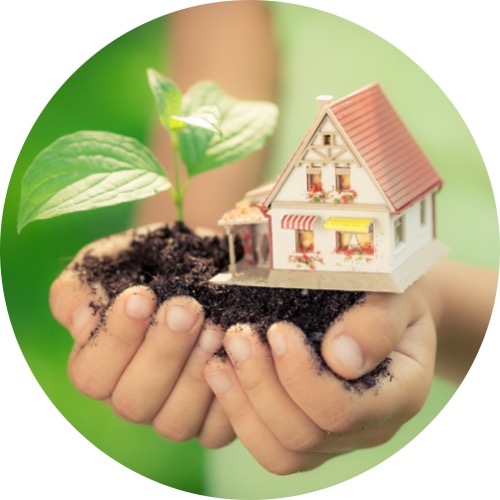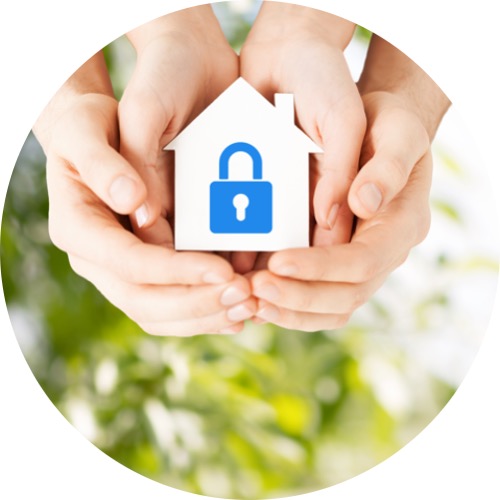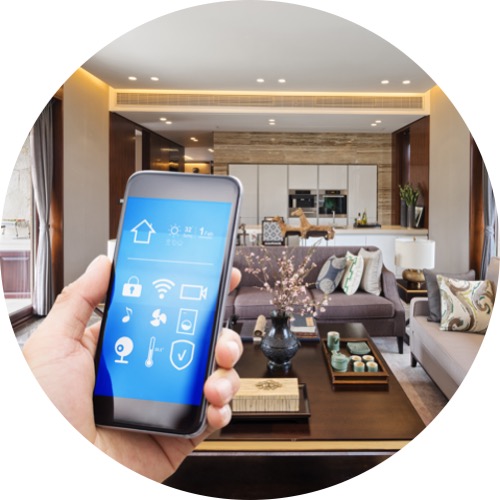You've successfully copied this link.
What kind of homes appeal to international luxury property buyers during a pandemic?

As we enter uncertain times, what will high-net-worth (HNW) property buyers look for in a home besides an exclusive address that adds another feather to their status cap.
As the world witness the non-stop pace of digital lives, climate change, rise in chronic illnesses, an aging population and a raging Coronavirus pandemic, wealthy cross-border property buyers are increasingly looking at homes that will help to not only keep them safe but also assist in keeping their wellbeing at optimum level.
Wellness living
 Consumer demand for a lifestyle that embraces wellness is on the rise, more so now as Covid-19 continues to spread. Besides the ubiquitous pool and gym, more and more wealthy real estate investors want homes that can help alleviate some of the stresses of modern living and optimise their well-being and health.
Consumer demand for a lifestyle that embraces wellness is on the rise, more so now as Covid-19 continues to spread. Besides the ubiquitous pool and gym, more and more wealthy real estate investors want homes that can help alleviate some of the stresses of modern living and optimise their well-being and health.
Asians have always had strong ideas around success and how to achieve it. This has had an adverse effect on wellbeing – according to a 2019 survey by health service company Cigna which cited 92 per cent of Singaporeans are stressed from work, while 95 per cent of Indian millennials report stress, more than any other country surveyed.1
At the 2018 Global Wellness Summit, it was also revealed that among the 802 million mobile users in China, for instance, over 104 million have at least one fitness app on their phones and brand-savvy Chinese consumers are willing to pay premium prices for fitness and wellness products.2 This clearly illustrates the importance of wellness to Chinese consumers.
In the pursuit of an all-round healthier life style, buyers will find properties that are already rigged with innovative features - infrared detox sauna which cleanses with light instead of heat, a private yoga studio or meditation room, a pollution detector, air and water purification systems - very appealing especially for those from China and India who seek a refuge from heavy pollution back home.
Eco-friendly
 More eco-friendly, carbon-neutral green homes are also gaining in popularity, especially with Chinese millennial millionaire buyers who are inspired by Climate Change campaigns. According to a 2018 Deloitte Millennial Survey 3, climate change tops the list of Chinese millennials’ personal concerns. These concerns reflect a growing sophistication and awareness of a world beyond themselves.
More eco-friendly, carbon-neutral green homes are also gaining in popularity, especially with Chinese millennial millionaire buyers who are inspired by Climate Change campaigns. According to a 2018 Deloitte Millennial Survey 3, climate change tops the list of Chinese millennials’ personal concerns. These concerns reflect a growing sophistication and awareness of a world beyond themselves.
So when it comes to buying a property, they prefer a home design that starts with energy-efficient and sustainable construction and features indoor components like natural lighting, proximity to green spaces, non-toxic paints and finishes, furnishings made out of natural materials and energy garnered though renewable sources by solar panels, biomass boilers and heat pumps.
Safe and secure
 In the wake of the coronavirus pandemic, wealthy buyers are searching for peace of mind in more ways than one. Hence, they are looking for bigger gated properties that are more isolated and far from human congestion.
In the wake of the coronavirus pandemic, wealthy buyers are searching for peace of mind in more ways than one. Hence, they are looking for bigger gated properties that are more isolated and far from human congestion.
They would also want top-of-the-line security, both in terms of trained security personnel and security installation. An in-house state-of-the art alarm system that can promptly alert medical responders or the police in cases of medical emergencies and break-ins, for instance, gives the property plus points with buyers.
Branded residence
 Affluent and discerning buyers expect singular and enriching experiences from luxury homes, especially ones with larger price tags. As such, branded residences are becoming more popular with wealthy buyers, especially those who are cash rich but time poor, as they offer all the perks of a luxury lifestyle with high levels of security, maintenance and service, without the buyer having to do much.
Affluent and discerning buyers expect singular and enriching experiences from luxury homes, especially ones with larger price tags. As such, branded residences are becoming more popular with wealthy buyers, especially those who are cash rich but time poor, as they offer all the perks of a luxury lifestyle with high levels of security, maintenance and service, without the buyer having to do much.
These residences are normally a partnership between a brand (often a luxury hotel operator) and a developerand popular with jet-setting investors who can move in with just their suitcases and immediately find wine and champagne in the fridge, top range furniture and all the latest mod cons attached.
According to consulting group C9 Hotelworks’ latest research4, the Asian region now accounts of over a third of the global stock of hotel-branded residences. One in three hotel-branded residences globally are in Asia. Residences are sold to private individuals or entities, who may use the property for their own use, or let it through the hotel’s rental scheme.
All things smart
 One of the impacts of the pandemic is it has made many people aware of how artificial intelligence and other advanced technologies can enable self-care at home. In an international survey conducted by GfK in 2016, more than 75 per cent of people interviewed in China said that smart home technology will impact their lives in the next few years, compared to the global average of just over 50 per cent.5
One of the impacts of the pandemic is it has made many people aware of how artificial intelligence and other advanced technologies can enable self-care at home. In an international survey conducted by GfK in 2016, more than 75 per cent of people interviewed in China said that smart home technology will impact their lives in the next few years, compared to the global average of just over 50 per cent.5
As such, smart homes fitted with the latest home automation that offers domestic help in new and innovative ways - high-speed networking and customised features such as remote control of the surveillance system, alarm access control system, video intercom and visitor management - will appeal to tech-savvy buyers.
Health Security
The deadly and rapidly spreading Coronavirus is also making property investors undeniably conscious of health security. If they decide to buy a property overseas, they will take into account the ability of different countries to effectively deal with viral outbreaks before making a purchasing decision. The performance of these countries will serve as a new benchmark for these buyers.
According to the 2019 Global Health Security (GHS) index, no country in the world is fully prepared for epidemics or pandemics, but the US, with an overall score of 83.5, has the best capacity to prevent, detect, and rapidly respond to public health emergencies such as a viral outbreak. The UK came second, followed by the Netherlands, Australia and Canada, respectively.6
Experts say Southeast Asian countries like Thailand and Vietnam which have performed well in mitigating the virusoutbreak, are also seen as safer by property investors who would be more conscious of health security in basing their buying decision post-pandemic.
Sources: 1. Cigna 360’s Well-Being Index; 2. Global Wellness Summit: China-Uncovering the wealth in wellness; 3. Resonance: The Evolving Chinese Consumer: Optimistic, Confident and Socially Aware; 4. TTR Weekly: Asia’s branded residences expand; 5. SCMP: Tech-savvy Chinese consumers drive growth for smart home appliances; 6. 2019 Global Health Security Index
Liked this article? Sign up for free to get Juwai Juwai Asia Market updates!
2025 © Juwai. All Rights Reserved Privacy Policy | Terms of Service


